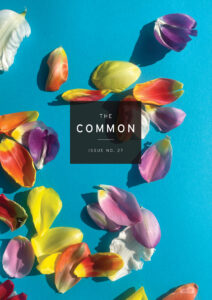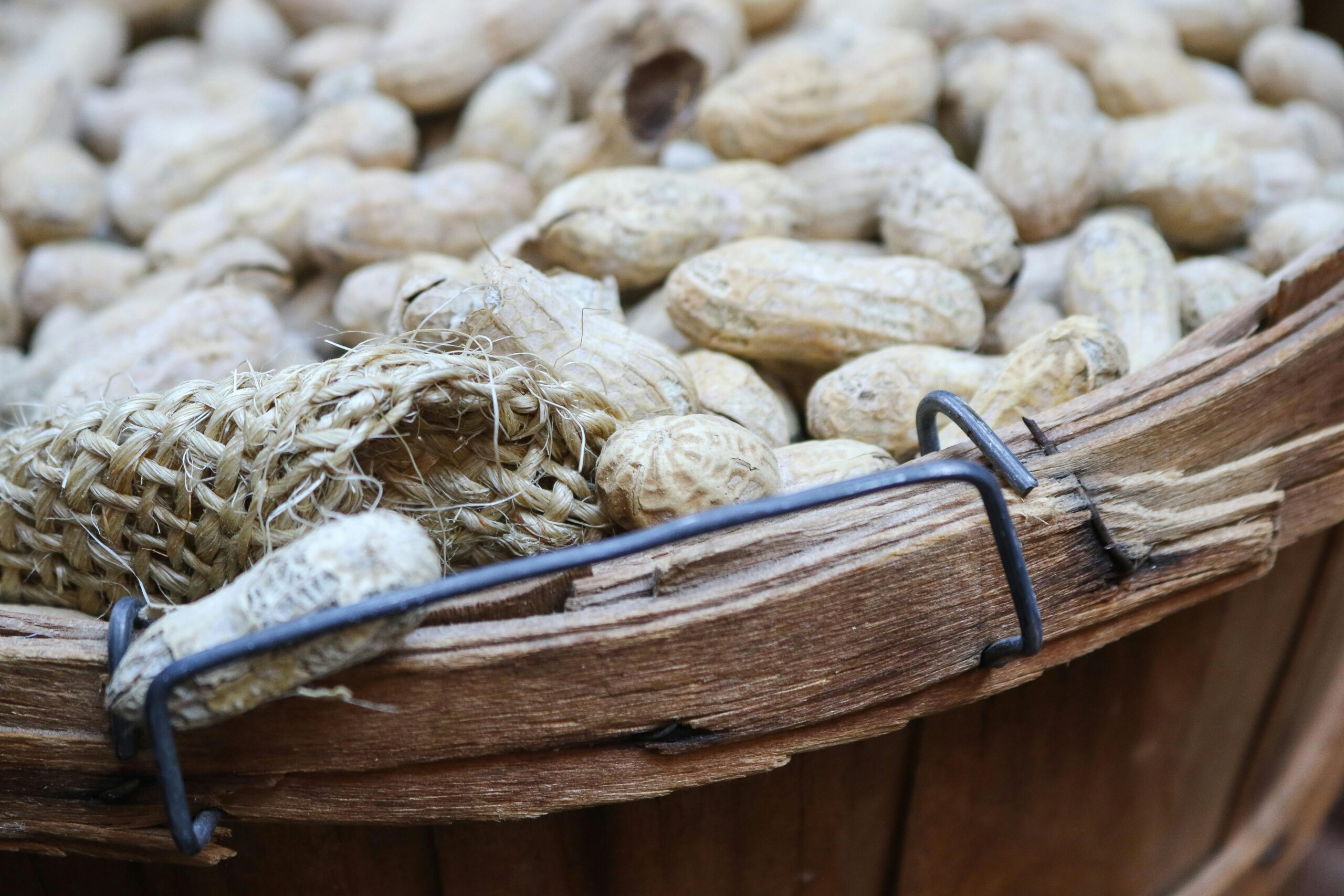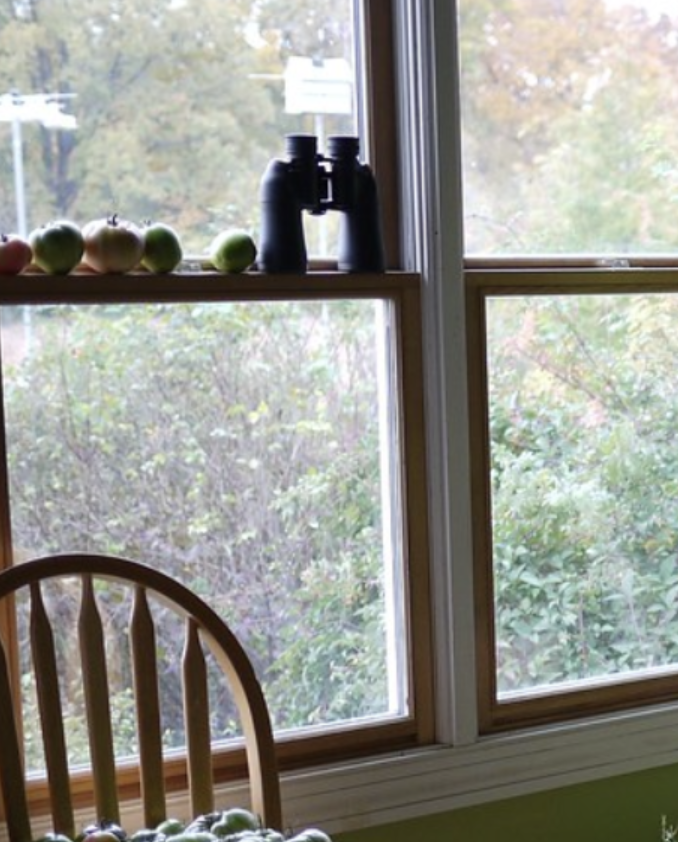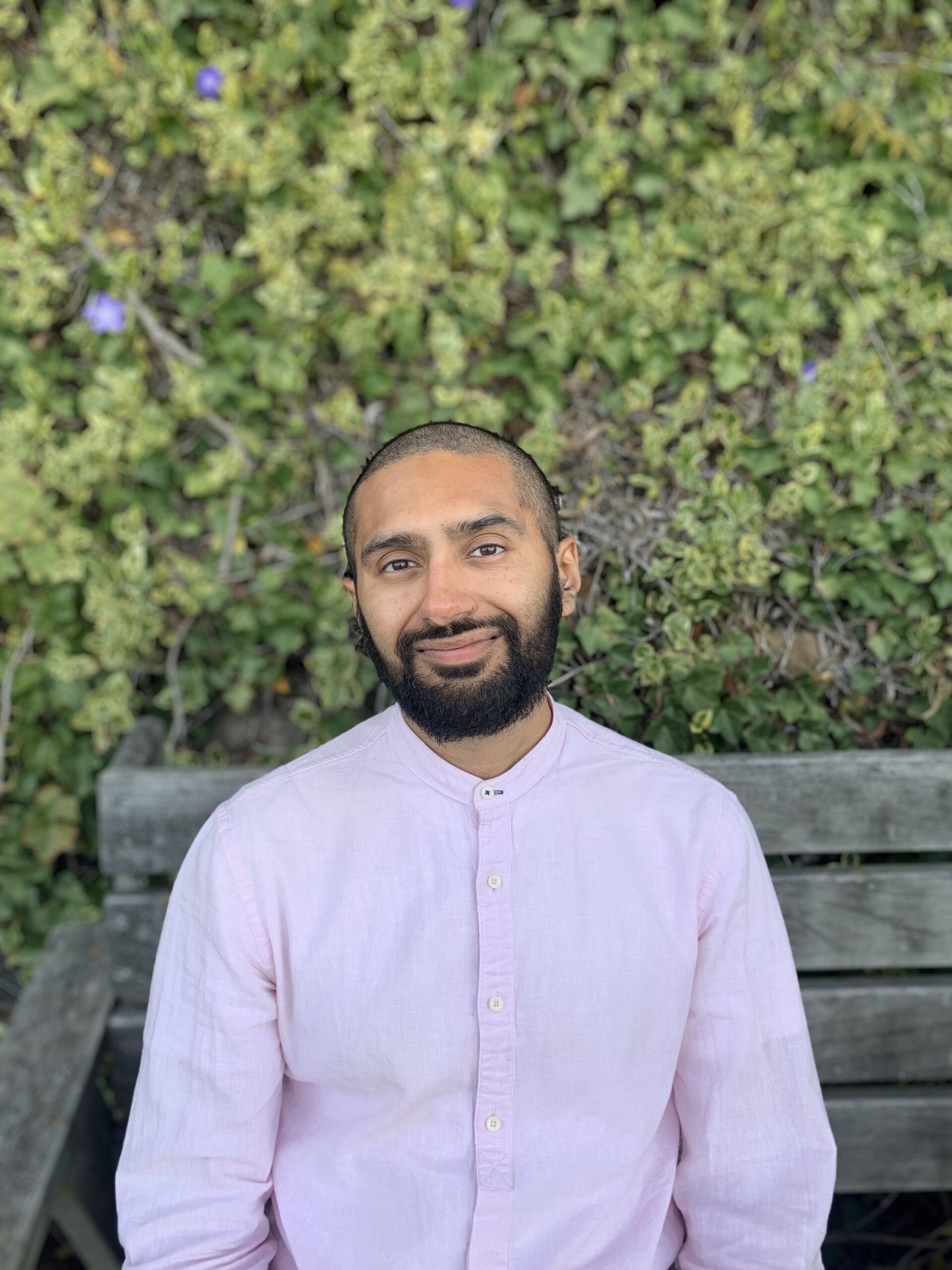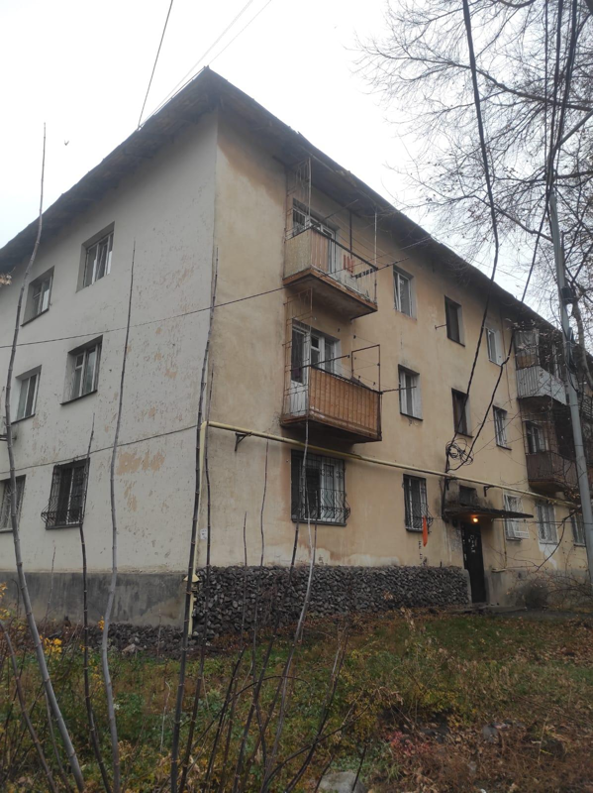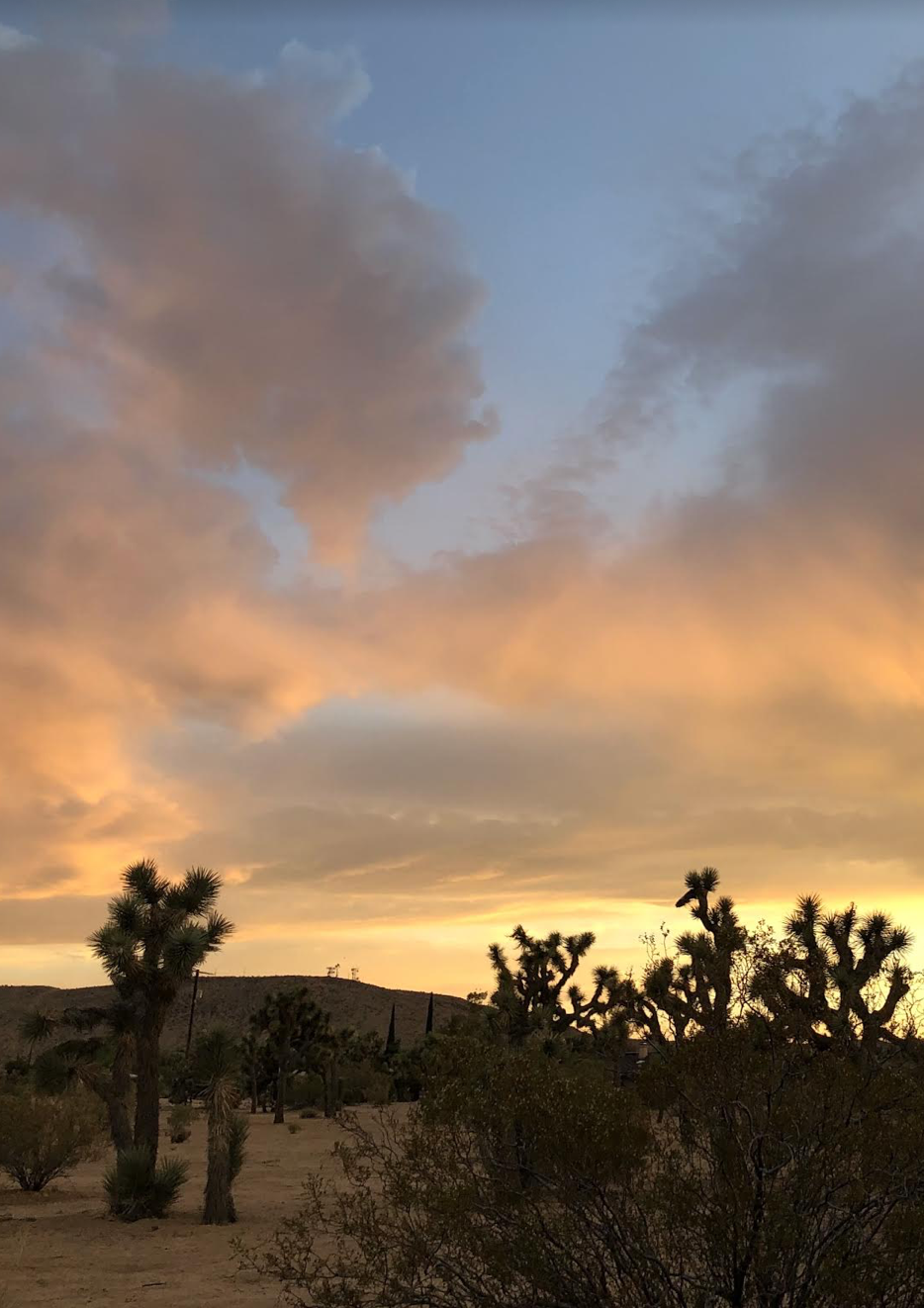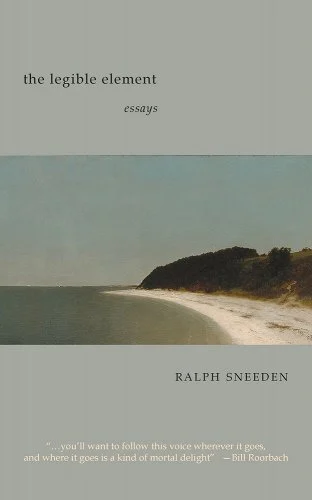This event has passed, but you can watch a recording of it below, or here on YouTube!
The Common Spring Launch Party
Wednesday, April 24, 2024, 7pm
Friendly Reading Room, Frost Library
Amherst College, Amherst, MA
Free and open to the public, wine and snacks will be provided.
Join us for the launch of Issue 27 of The Common! We welcome essayist and AGNI editor Sven Birkerts, poet January Gill O’Neil, and fiction writer Jade Song. Issues will be available for purchase. We’ll have brief readings, a short Q&A, and lots of time to mingle!
 Left to Right: Sven Birkerts, January Gill O’Neil, Jade Song
Left to Right: Sven Birkerts, January Gill O’Neil, Jade Song
Sven Birkerts is the author of a number of books of essay and memoir. His The Miro Worm and the Mysteries of Writing will be published in October. Former Director of the Bennington Writing Seminars, he co-edits the journal AGNI. He lives in Amherst with his wife.
January Gill O’Neil is the author of Glitter Road (CavanKerry Press, 2024), Rewilding (CavanKerry Press, 2018), recognized by Mass Center for the Book as a notable poetry collection for 2018; Misery Islands (CavanKerry Press, 2014), winner of a 2015 Paterson Award for Literary Excellence; and Underlife (CavanKerry Press, 2009). The recipient of fellowships from Cave Canem and the Barbara Deming Memorial Fund, O’Neil was awarded a Massachusetts Cultural Council grant and was named the John and Renée Grisham Writer in Residence for 2019-2020 at the University of Mississippi, Oxford. She is an associate professor of English at Salem State University and is board chair of the Association of Writers and Writing Programs (2022-2024). O’Neil lives in Beverly, Massachusetts.
Jade Song is a writer, art director, and artist in New York City. Her debut novel Chlorine was published by William Morrow/HarperCollins (US) and Footnote Press (UK) in 2023 and will be translated into Chinese and French. Chlorine was selected as a New York Times Editor’s Choice, lauded as “visionary and disturbing,” and listed as a must read book by Buzzfeed, Cosmopolitan, Vanity Fair, and other outlets. Say hi @jadessong and jadessong.com.

